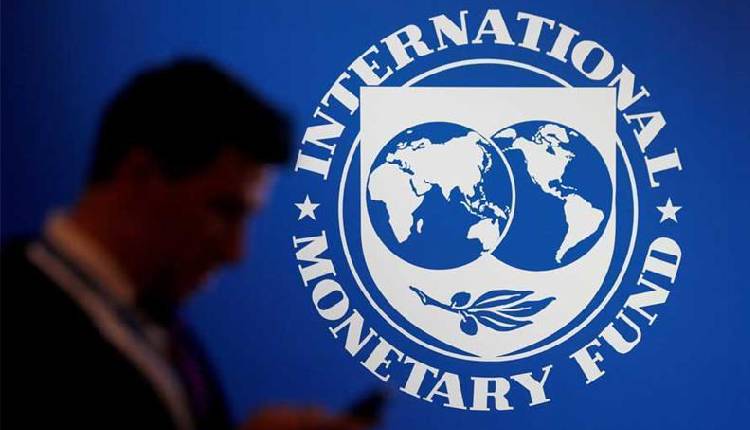IMF concludes 4th review in Egypt, applauds reform progress amid external pressures
An International Monetary Fund (IMF) mission, led by Ivanna Vladkova Hollar, concluded its visit to Egypt on November 20 after two weeks of in-person discussions with Egyptian authorities. The visit, which ran from November 6-20, focused on the fourth review under the Extended Fund Facility (EFF) and was crucial for assessing Egypt’s economic progress and reform efforts.
At the close of the mission, Hollar issued a statement on Wednesday highlighting significant progress in policy discussions. The talks included in-depth consultations about Egypt’s medium-term economic challenges and opportunities, as well as measures aimed at addressing climate change risks. A key focus was on Egypt’s request to access the IMF’s Resilience and Sustainability Facility (RSF) to help the country bolster its economic resilience.
However, the outlook remains “challenging” for Egypt, which is grappling with the wider regional impact of geopolitical tensions. Ongoing conflicts in Gaza and Israel, coupled with trade disruptions in the Red Sea, have led to a sharp decline in Suez Canal receipts—an important foreign currency source for the Egyptian economy. The IMF reported a drop of up to 70 per cent in canal revenues, compounded by the rising number of refugees, which is placing additional strain on Egypt’s fiscal resources, especially in sectors like health and education.
Despite these challenges, the IMF noted that Egypt’s authorities have made strides in stabilising the economy. Notably, the unification of the exchange rate in March helped eliminate a backlog in foreign exchange demand, easing the country’s import process. The Central Bank of Egypt (CBE) reiterated its commitment to a flexible exchange rate regime, which helps shield the economy from external shocks. Moreover, tight monetary policies have contributed to controlling inflation, though the IMF cautioned that inflationary pressures may temporarily persist due to administrative price hikes.
The IMF emphasised that continued fiscal discipline and efforts to mobilise domestic revenues are essential to reduce public debt vulnerabilities. The authorities were encouraged to expand the social safety net and focus on containing fiscal risks, particularly those linked to the energy sector.
A major highlight of the mission was the focus on private sector development as a key driver of Egypt’s future growth. Hollar expressed strong support for Egypt’s plans to reform its tax system, streamline customs procedures, and improve trade facilitation. The IMF mission encouraged authorities to accelerate privatisation efforts and reduce the state’s involvement in the economy, emphasising the need for a level playing field to foster private sector investment.
Tax reform was another priority, with the IMF and Egyptian authorities agreeing that a fairer, more inclusive tax system is vital to enhancing domestic revenue mobilisation. This would create fiscal space to fund critical public spending, especially in health, education, and social programs, while also reducing the burden of public debt. The mission called for a reduction in tax exemptions rather than increases in tax rates to improve equity and broaden the tax base.
In line with these reforms, strengthening the social safety net—particularly Egypt’s conditional cash transfer programme—was seen as key to mitigating the effects of high living costs and recent energy price hikes on vulnerable populations. This would help protect those most affected by the tight fiscal policies currently in place.
As Egypt continues to navigate a challenging external environment, the IMF mission stressed the importance of staying on course with ongoing reforms to safeguard the country’s economic stability and ensure long-term growth.
“Discussions will continue over the coming days to finalise agreement on the remaining policies and reforms that could support the completion of the fourth review.” the IMF mission statement concluded.
Attribution: IMF


